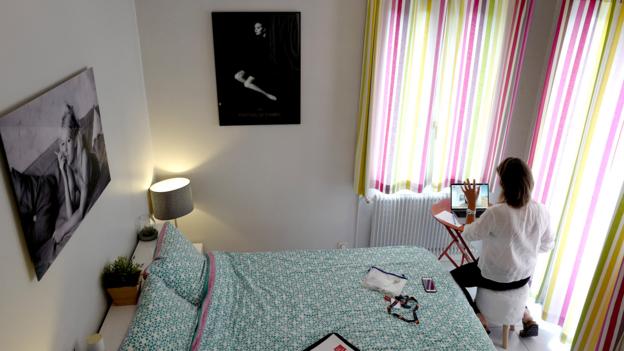In recent years, big names including Hewlett Packard, Vodafone and Microsoft have all run autism-focused employment programmes. These efforts to improve the diversity of workplaces are all focused on hiring for “neurodiversity”, people who might have conditions such as dyslexia, autism or ADHD.
Around one in seven will have some form of condition linked to neurodiversity. The condition means that one’s brain may function, process and learn information in a different way from someone who is “neurotypical”. This prevents some from being able to find the jobs they want: statistics published in 2017 show just 16% of autistic adults are in full-time employment in the UK, even though 77% of unemployed autistic adults want to work.
Hiring more diversely can be as simple as implementing a reflexive interview process, or offering contracts that are flexible to worker’s needs. At New York-based Ultra Testing, the software quality company offers individuals the opportunity to work on a DTE (a variation on full-time-equivalent) which allows workers to choose the number of hours they work based on what is suitable for them. Seventy percent of the company’s staff are on the autistic spectrum.
“Internally as we redesign the workplace we aren’t creating ‘accommodations’ for particular groups,” says Ultra Testing CEO Rajesh Anandan. “We’re redesigning the system so it’s better for all groups.”
In future, the changes taking place around inclusive recruitment could have wider benefits, helping to open up opportunities for more flexible attitudes for every worker.













